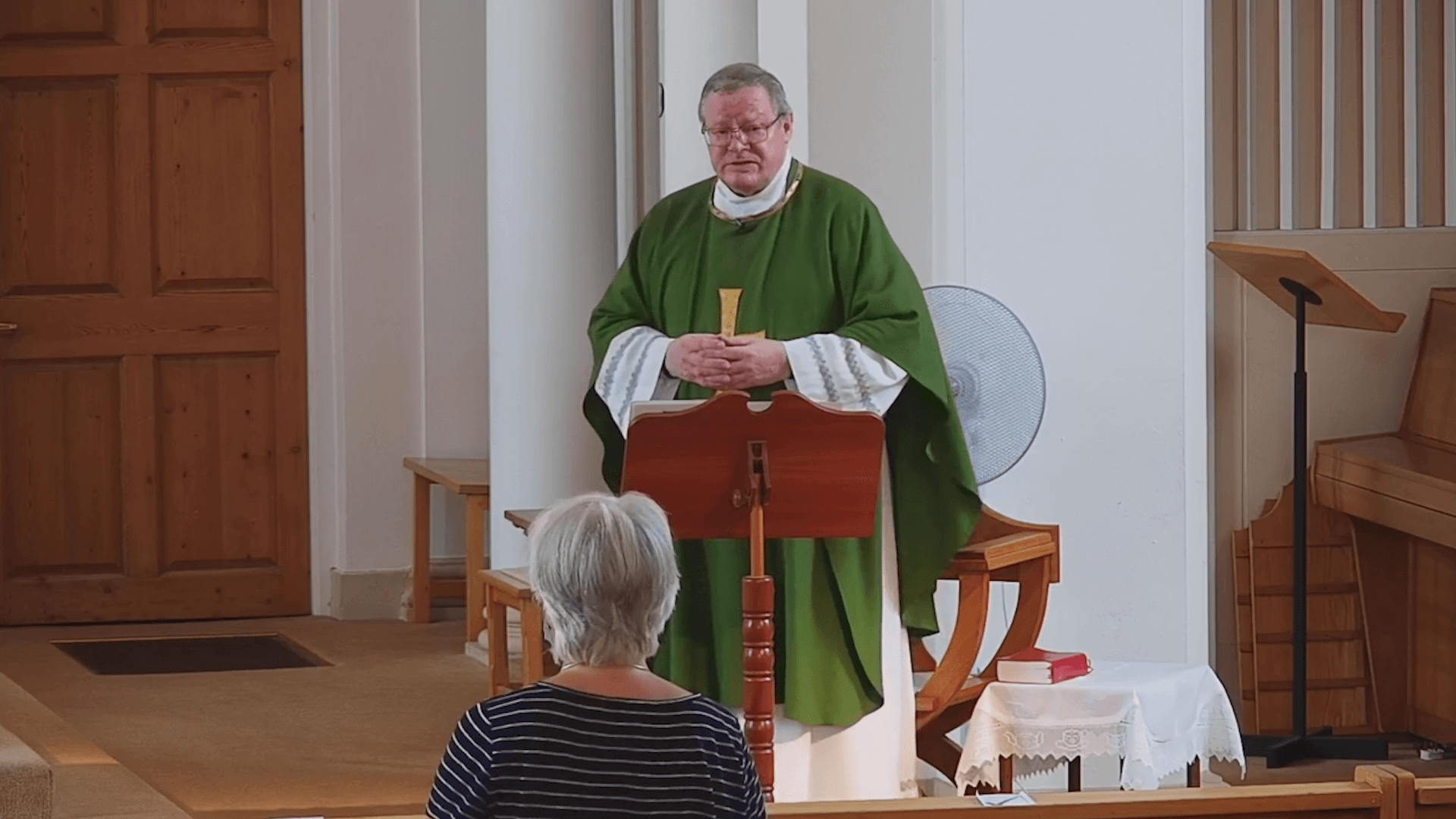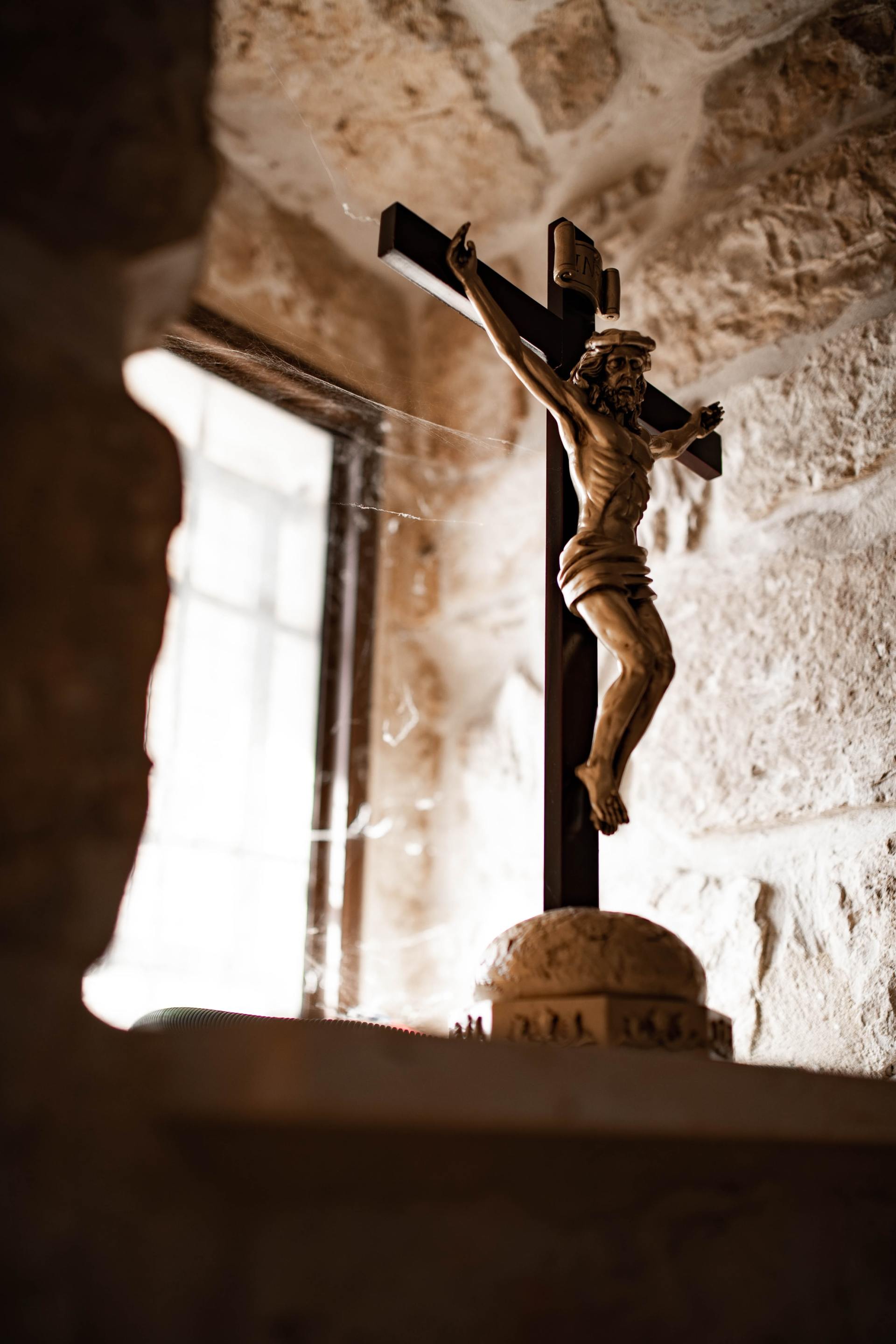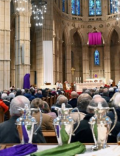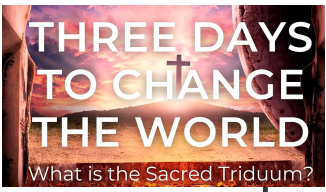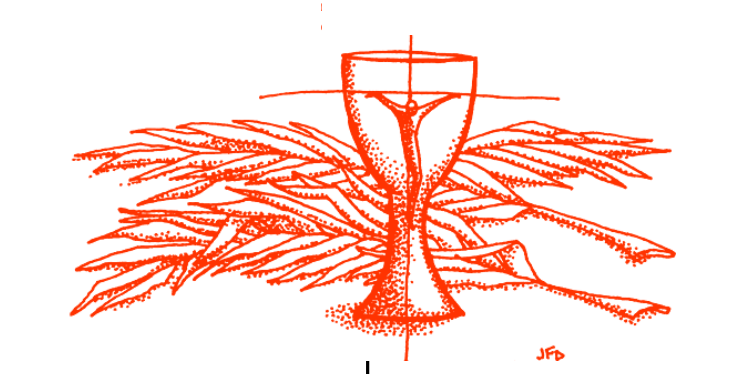Sunday 27th March 2022
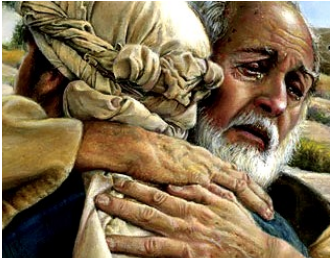
“. . . . your brother was dead and has come to life; he was lost and is found . . .”
The journalist Marina Cantacuzino founded the forgiveness project, a group that works with grassroots organisations for reconciliation, conflict resolution, and restorative justice through victim support. In 2004, they held what they called ‘The F Word’ exhibition in the Oxo Gallery of London’s South Bank. It was neither pornographic nor a study of popular slang usage. The ‘f’ stood for ‘forgiveness’ and consisted of a collection of photographs matched with twenty-six personal stories of forgiveness and reconciliation from South Africa, Romania, Ukraine, Israel, Palestine, Northern Ireland, and England. The Forgiveness Project continues to build and expand such words and images, and offers a travelling exhibition. Marina comments that for some people, ‘forgiveness’ is still a ‘dirty word.’ One of the exhibition’s patrons was Archbishop Desmond Tutu, much experienced in the South African Truth and Reconciliation Commission. In this weekend’s gospel, Jesus gives us his own words and a memorable image of forgiveness and reconciliation in the parable of the Prodigal Son.
The compassionate love of God in Christ is always ready to forgive sinners and welcome them home. This is the challenging truth that Jesus proclaims - to the consolation of the tax collectors and sinners, and the dismay of the Pharisees and scribes who were his audience. We are Jesus’s Lenten Audience. We are called to listen to the story of two brothers, neither of whom really knows what it means to be the son of a father who is prodigal in his love. The parable begins with the ‘want’ of the younger son, a demand to have his share of his inheritance. As a foolish lover, the father gives not only the younger son what he demands, but “divided his property between them” - that is, he included the older brother. In fact, the latter, as the elder, would receive double the share (Dt. 21:17-21). This son, therefore skulks selfishly, hypocritically in the background until the end of the parable when he is revealed for what he really is. Even though he remains physically at home, he is also in the ‘far country’ of misunderstanding and intolerance of either his father or his brother. And contrary to social expectations of an elder brother in his culture, he does nothing to promote understanding or reconciliation between them.
The father is only concerned with being a loving father, and so he allows his younger son the freedom to reject his love. The wants of this boy lead him where he certainly did not intend to go when he left home: to enslavement to a Gentile boss in a Gentile pigsty, to starvation, and to physical and spiritual impoverishment. By looking after pigs, he makes himself ritually unclean, so squandering a second inheritance: his Jewish faith. At this crisis point, the boy sits down, “coming to his senses” - working it all out: I will do this and that, I will go home and do the work of a hired hand so that I can pay back my debts; I will explain everything to my father and express my regret at what I have done. But coming to his senses doesn’t reconcile the son; coming to his father will.
During Lent, the Church calls us to remember the gifts of God that we have squandered and that have led us into the small or greater mess of our spiritual ‘pigsty.’ With great wisdom, the Church also knows that we need this time of heightened awareness of our compassionate Father who embraces us in the outstretched arms of the Crucified.
